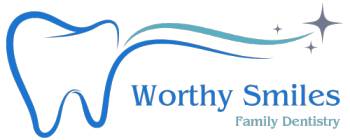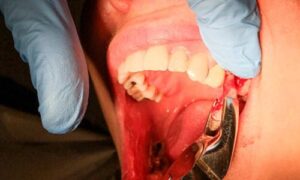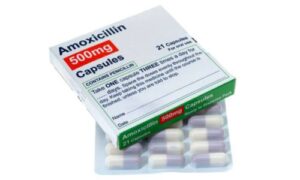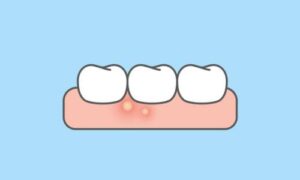Common Dental Emergencies may happen to both adults and children. These include severe pain, fractured and broken teeth, and oral infections. And it was bleeding from the mouth following an accident or being smacked in the face. As soon as possible in the case of a dental emergency to stop additional damage and heal the mouth. It’s crucial to consult a dentist or other medical expert.
Common Dental Emergencies: Types
Abscesses/Infections: Gum disease and poor oral hygiene are the leading causes of pimples and infections. If oral infections are not treated immediately, they may spread throughout the body. If you have a long-term health issue like diabetes, you may also be at higher risk.
Bleeding from the Mouth/Mouth Injury: Injuries to the mouth and gums may result from being smacked in the mouth or falling on one’s face. It’s crucial to provide basic first aid and get straight to the dentist if you observe bleeding from a mouth injury.
A cracked or broken tooth (or teeth) may result from biting onto something hard, such as sweets, or being struck in the mouth. Finding the fragments of a broken tooth and seeing a dentist right away can allow the tooth to be fixed.
Extremely Loose Tooth: Loose teeth might signify oral injuries, gum disease, or tooth decay. In rare cases, a dentist may be able to stabilize and restore the tooth to prevent extraction.
Knocked-Out Teeth: A dental emergency occurs when one or more teeth are knocked out. This often happens due to being struck in the face or having your jaw contact with a complex item. The knocked-out teeth may be replaced if you preserve them and see a dentist immediately.
Significant Toothache: Significant toothaches may be brought on by cavities, the loss of a filling, gum disease, or inflammation. To find out what is causing the discomfort, you must see a dentist as soon as possible.
Biting Your Tongue or Mouth Consistently: If you often bite your tongue or mouth, you may have bite issues that may be resolved with quick dental therapy to realign your teeth. You could need emergency dental treatment if you discover that the wounds are not healing or are painful.
Emergency Dental First Aid
When Common Dental Emergencies occur, first aid often entails minimizing discomfort and swelling and locating cracked or knocked-out teeth so they may be put back in the mouth. Many dentists also advise building a dental first aid kit. Like the standard first aid kits, you would have in your house and vehicle.
A cold compress and painkillers
It could be beneficial to apply a cold, damp towel or an ice pack to the side of the face for oral injuries, swelling, and toothaches. As you drive to the emergency dentist’s office, you may also use an oral anesthetic or take a painkiller like Tylenol to aid with pain management.
Find Missing Teeth or Chips, if Possible
To save them for reimplantation or attachment, try to locate the missing parts or the knocked-out tooth. It is crucial to avoid touching the root of any teeth that have been knocked out. The tooth should be cleaned and put back into the socket if feasible. A clean, sterile piece of gauze may be a bit down on to keep the tooth in place. Additionally, you may put the tooth inside a Save-a-Tooth system or something in your dental first aid kit to help keep it safe until you go to the dentist.
Mouth Rinsing
Mouth injuries, oral infections, abscesses, and toothaches may benefit from a warm salt water rinse, which may help reduce discomfort and assist in drawing out any disease. You will still need to call your dentist and make an emergency appointment.
How to avoid common dental emergencies – Why are dental cleanings essential?














